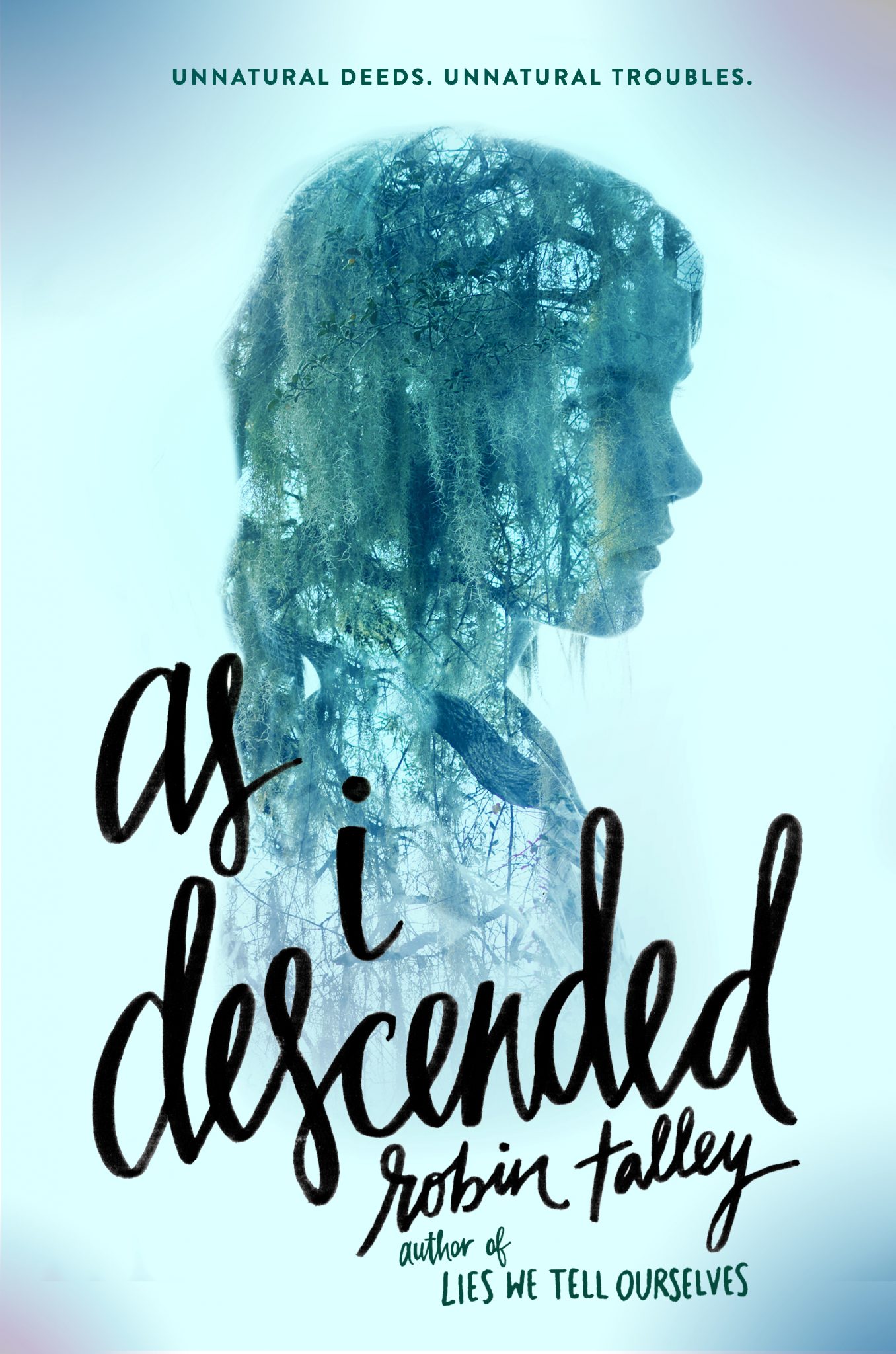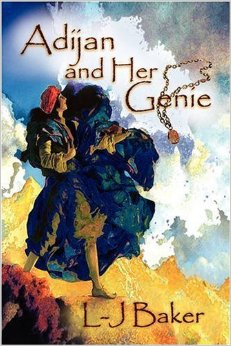Modern-day fairytale revisions let us see ourselves more broadly reflected. My favorite stories include rows upon rows of crowded bookshelves and women who happen to be in a pickle, but aren’t afraid to ask for help in kicking down the tower’s front door. I also love stories with more than one swashbuckling heroine.
M. Hollis’s Ripped: A Rapunzel Retelling inserts a young princess, Valentina, into derelict tower, nestled deep in the woods. Her father, a warmongering king, treats her with contempt. The death of her mother, the beloved queen, provides an easy excuse to tuck away an unwanted daughter until a suitable sale of marriage is rung up after puberty.
The story follows the fairytale format, but features modern interpersonal and social dynamics. Valentina and Agnes (you’ll meet her soon) are strong women who participate in their own stories and aren’t waiting on a knight in shining Uber/Lyft. It’s a short and sweet novelette of empowerment and love, with a wonderful complement of supporting characters and a taste of life beyond “Happily ever after”. So, get cozy by an early autumn fire with your favorite feline or gal (Gadot) Friday, and a heartwarming foray into once upon a time…
*Double your pleasure: Reading Ripped aloud enhances the experience. These kind of stories are often shared with family and/or friends at bedtime. I still enjoy being read to, whether it’s my partner and I, or with an audiobook on my work commute.



